 |
Besides being wasteful and debilitating, much of the conflict in organizations is needless and irrational.
|
361 |
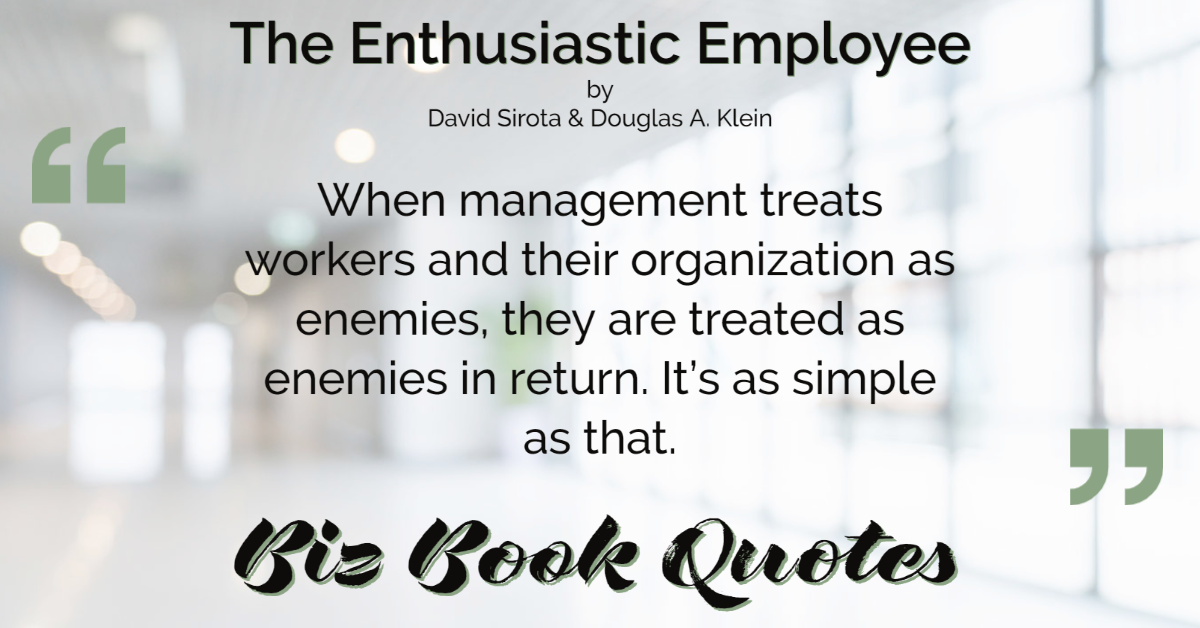 |
When management treats workers and their organization as enemies, they are treated as enemies in return. It’s as simple as that.
|
394 |
 |
Disagreeable people tend to be more competitive, critical, and tough – they’re more comfortable with conflict, coming across as skeptical and challenging.
|
191 |
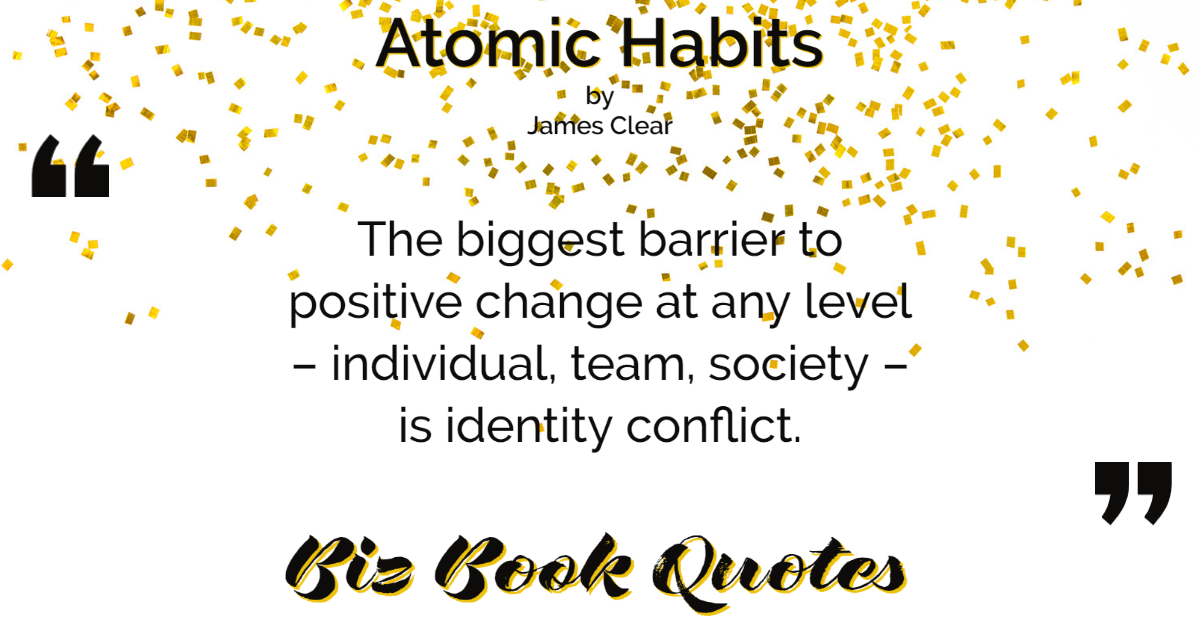 |
The biggest barrier to positive change at any level – individual, team, society – is identity conflict.
|
35 |
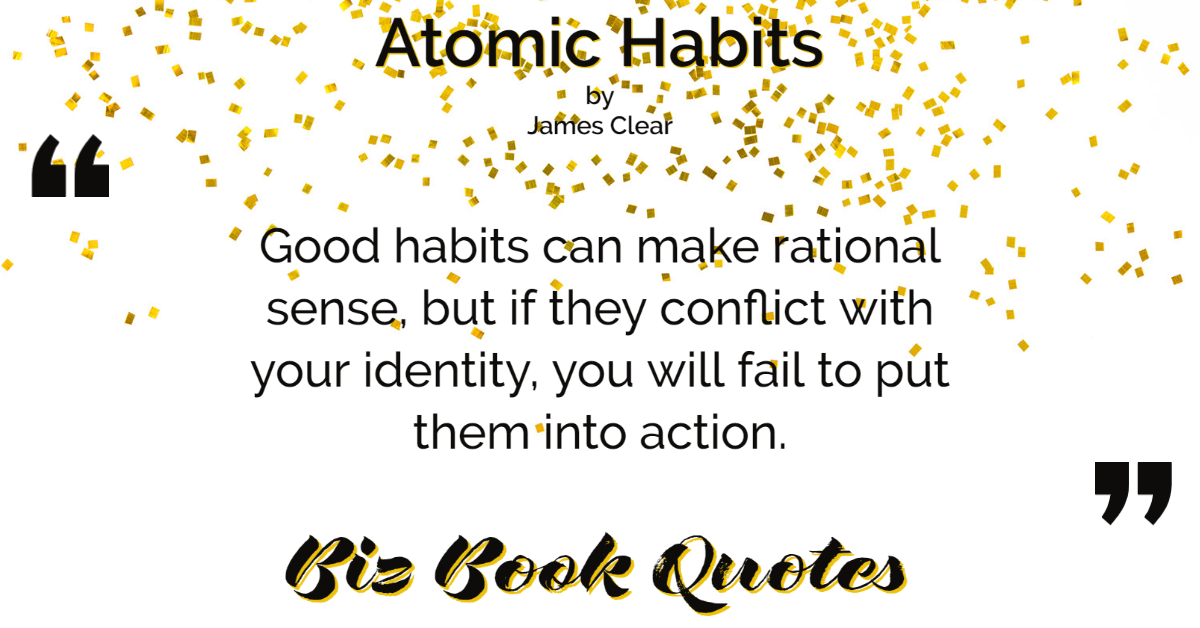 |
Good habits can make rational sense, but if they conflict with your identity, you will fail to put them into action.
|
35 |
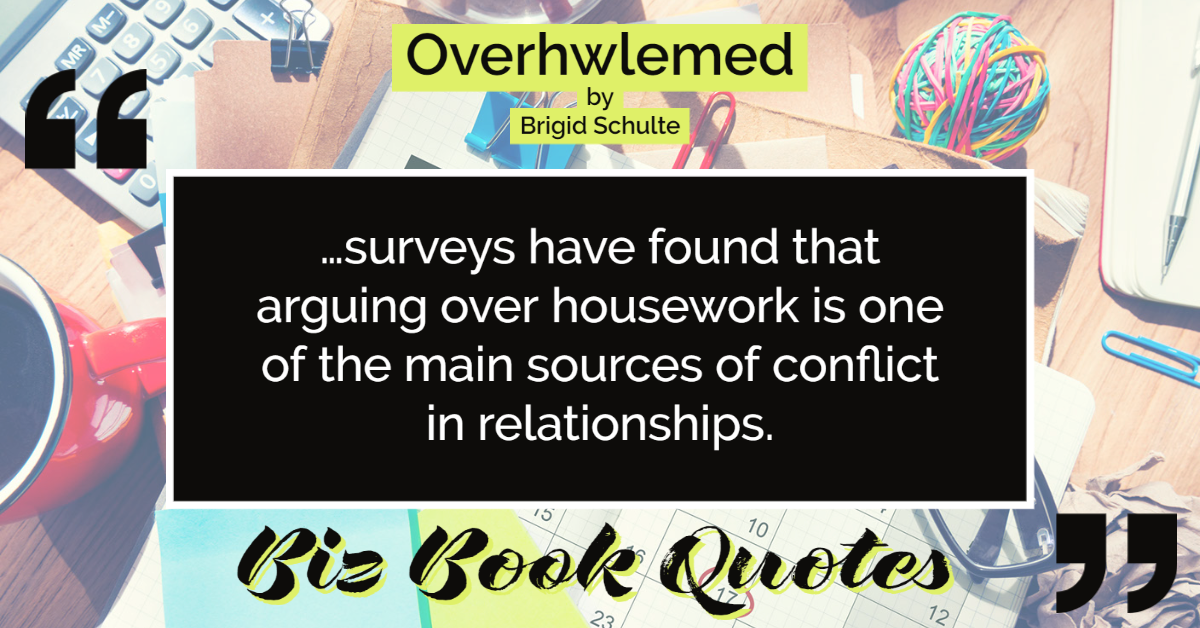 |
…surveys have found that arguing over housework is one of the main sources of conflict in relationships.
|
164 |
 |
If we don’t trust one another, then we aren’t going to engage in open, constructive, ideological conflict. And we’ll just continue to preserve a sense of artificial harmony.
|
91 |
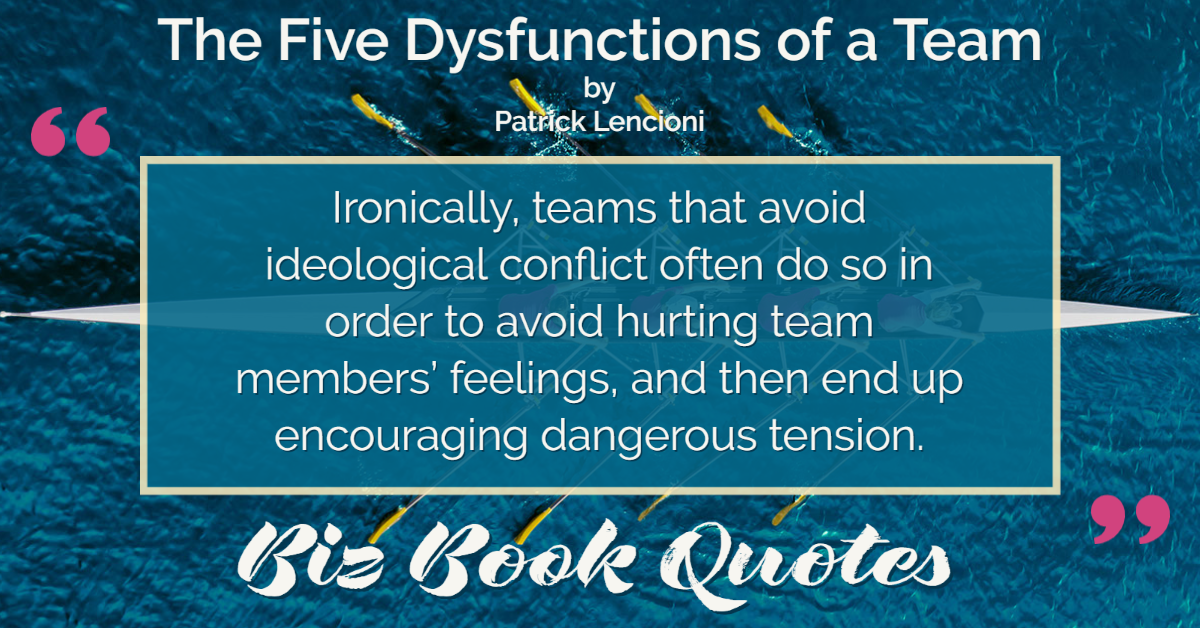 |
Ironically, teams that avoid ideological conflict often do so in order to avoid hurting team members’ feelings, and then end up encouraging dangerous tension.
|
203 |
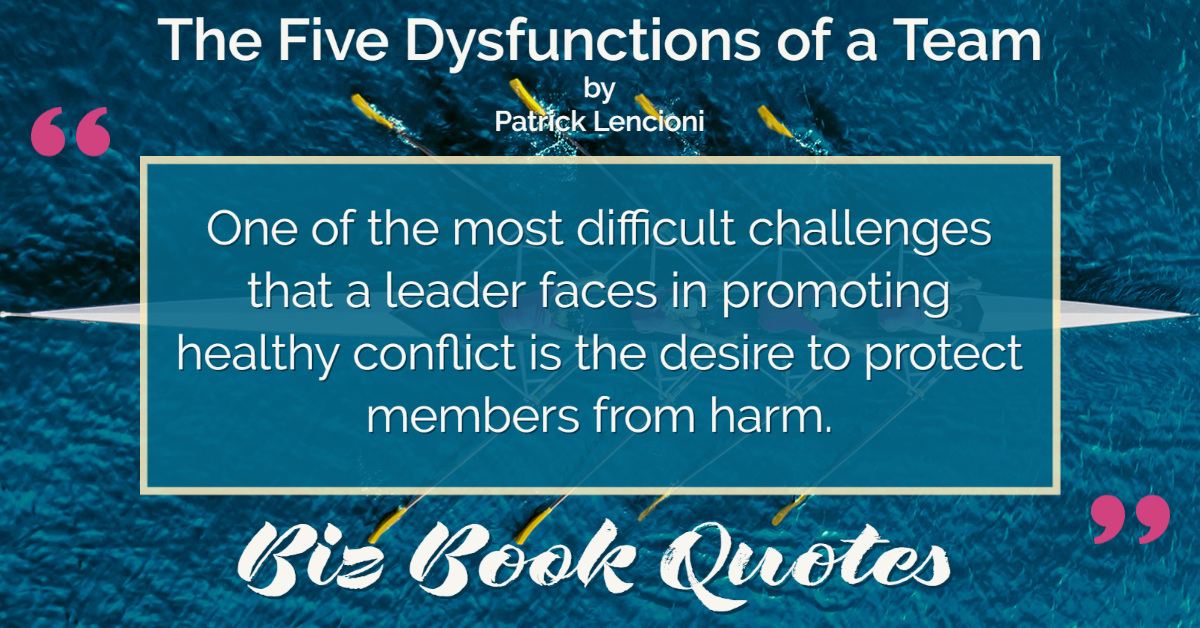 |
One of the most difficult challenges that a leader faces in promoting healthy conflict is the desire to protect members from harm.
|
206 |
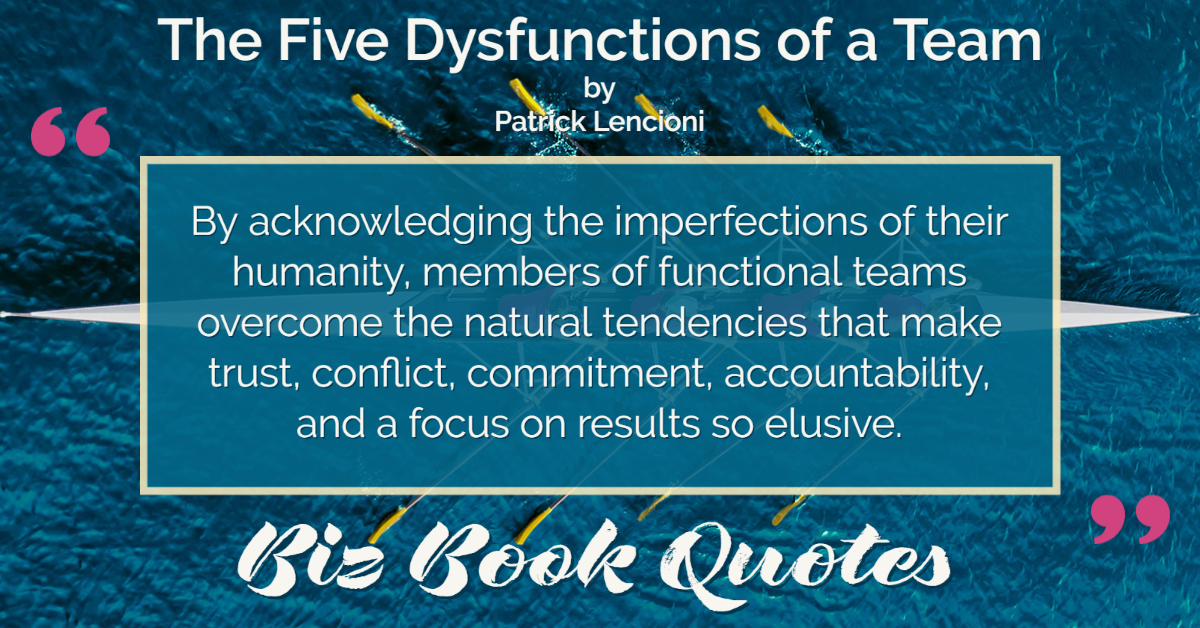 |
By acknowledging the imperfections of their humanity, members of functional teams overcome the natural tendencies that make trust, conflict, commitment, accountability, and a focus on results so elusive.
|
220 |